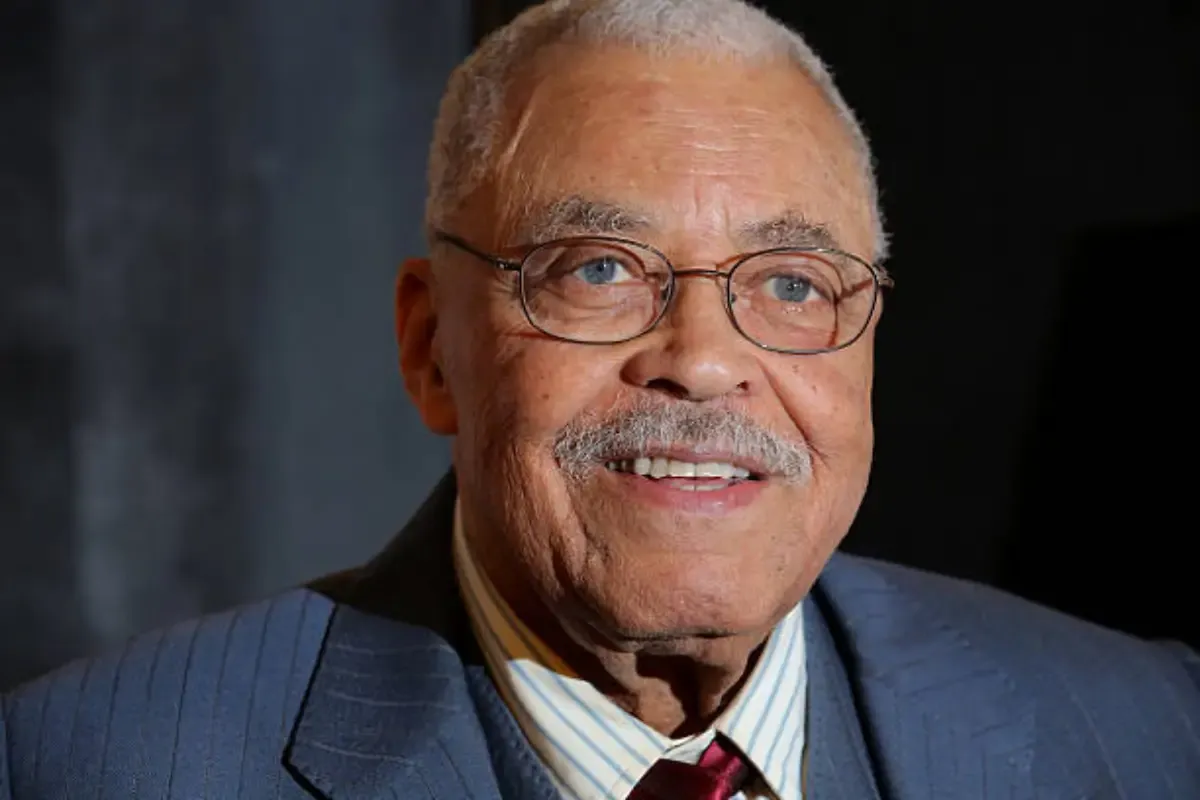James Earl Jones, who passed away at the age of 93 in 2024, leaves behind an extraordinary legacy in both film and theater. While the world will remember him for his indelible contributions to cinema, including iconic roles that have entered the pop culture canon, New York City will forever honor his incredible contributions to theater. His monumental impact on the stage was marked by three Tony Awards, including one for lifetime achievement in 2017, and a unique tribute in 2022 when a Broadway theater was renamed in his honor.
A Journey Rooted in Artistic Heritage
Jones’ remarkable career in theater began in 1957 when he moved to New York to study acting. His father, Robert Earl Jones, an actor himself, introduced the young James to the world of live performances, igniting his passion for the stage. Early exposure to opera, ballet, musicals, and drama gave him a wide-ranging appreciation for the performing arts. It was this early foundation that helped shape the diversity and richness of his career in theater.
Throughout his career, Jones seamlessly transitioned between classic Shakespearean roles, avant-garde experimental productions, and contemporary works by major playwrights. His versatility set him apart as one of the most respected actors of his generation, both on and off Broadway.
A Diverse and Dynamic Stage Career
Jones made his Broadway debut in the late 1950s, but his career extended far beyond the bright lights of the famous theater district. He regularly performed in smaller, experimental venues and avant-garde productions, showcasing his range and willingness to take risks.
Here are some of the most defining moments of his stage career:
1961: ‘The Blacks’
Jones, alongside future stars like Cicely Tyson, Maya Angelou, and Louis Gossett Jr., starred in the avant-garde French play The Blacks by Jean Genet. This experimental piece, which explored themes of power and oppression, featured Black actors wearing white masks. It premiered at St. Mark’s Playhouse in Manhattan’s East Village and quickly earned critical acclaim. Howard Taubman of The New York Times called it “one of the most stimulating evenings Broadway or Off Broadway has to offer.”
1964: ‘Othello’
Jones cemented his reputation as a Shakespearean force in Joseph Papp’s New York Shakespeare Festival, where he performed in multiple productions, including King Lear and Othello. His portrayal of the tragic Moor in Othello became a career-defining role. Critics praised him for his commanding presence and emotional depth. When he reprised the role in 1982 on Broadway opposite Christopher Plummer’s Iago, The New York Times hailed his “ease and authority as a military commander” while acknowledging the “uneasy aloofness” he brought to the character of Othello.
1968: ‘The Great White Hope’
In 1967, Jones took on the role of heavyweight boxing champion Jack Johnson in The Great White Hope at Washington, D.C.’s Arena Stage. The play, inspired by the real-life boxer, was a turning point in Jones’ career. It transferred to Broadway in 1968, earning him his first Tony Award for Best Actor in a Play. He later revisited the role in the 1970 film adaptation, which earned him a nomination for the Academy Award. Following this breakthrough, Jones tackled Lorraine Hansberry’s Les Blancs on Broadway, a powerful anti-colonialist play.
1987: ‘Fences’
In the 1987 Broadway production of August Wilson’s Fences, Jones delivered one of his most acclaimed performances as Troy Maxson, a deeply complex and volatile character. Directed by Lloyd Richards, the production earned Jones his second Tony Award. His portrayal of Troy, a garbage collector struggling with race, family, and personal demons, remains one of his most celebrated roles.
2012: ‘Gore Vidal’s The Best Man’
In his later years, Jones continued to dominate the stage. His role as a former U.S. president in the political satire Gore Vidal’s The Best Man earned him yet another Tony nomination. Critics applauded his ability to bring gravitas and energy to the role, even as the production itself received mixed reviews. This role was part of a decade-long period where Jones shined in revivals of classic plays, including Driving Miss Daisy and You Can’t Take It With You.
A Theatrical Patriarch and Final Bow
Jones’ return to Broadway in the 2000s showcased his enduring love for the stage. His roles during this period, which included patriarchal figures and beloved characters, only enhanced his reputation as a titan of the theater. In 2015, Jones gave his final New York performance in The Gin Game, reuniting with his The Blacks co-star Cicely Tyson after more than five decades. It was a fitting final chapter to a career that had begun with such promise in the early 1960s.
A Lasting Legacy
James Earl Jones’ contributions to theater were marked not only by the roles he played but by the barriers he broke. As the first African-American to win a Tony Award for Best Actor in a Play, he paved the way for generations of Black actors. His ability to move seamlessly between Shakespeare, contemporary dramas, and experimental theater made him a unique and powerful presence on the American stage.
In 2022, the renaming of a Broadway theater in his honor cemented his place in history, ensuring that future generations will remember the breadth of his talent and the significance of his contributions to both stage and screen.
Though he has passed, James Earl Jones' legacy will continue to inspire actors and audiences alike, reminding us of the transformative power of theater.












.webp)
0 Comments